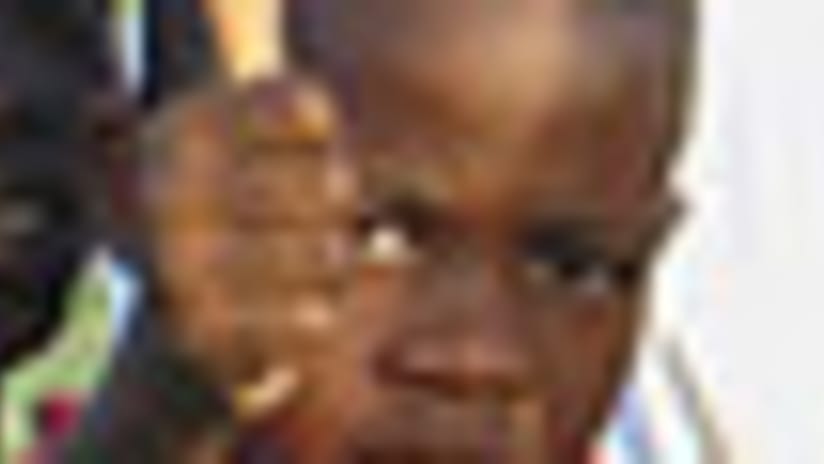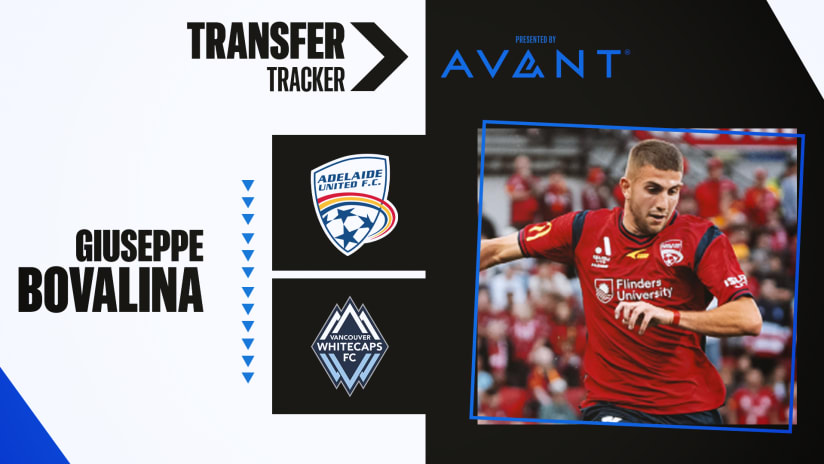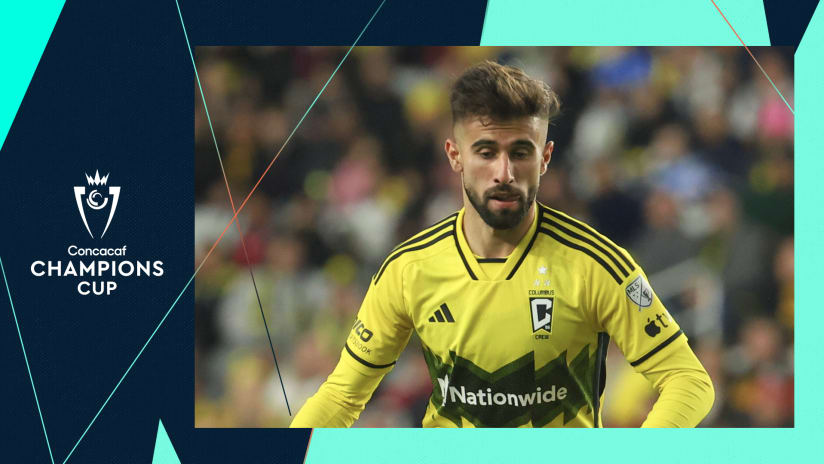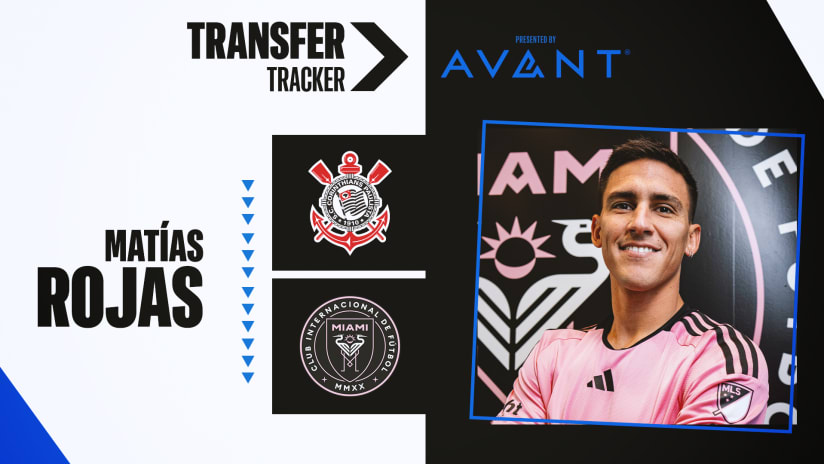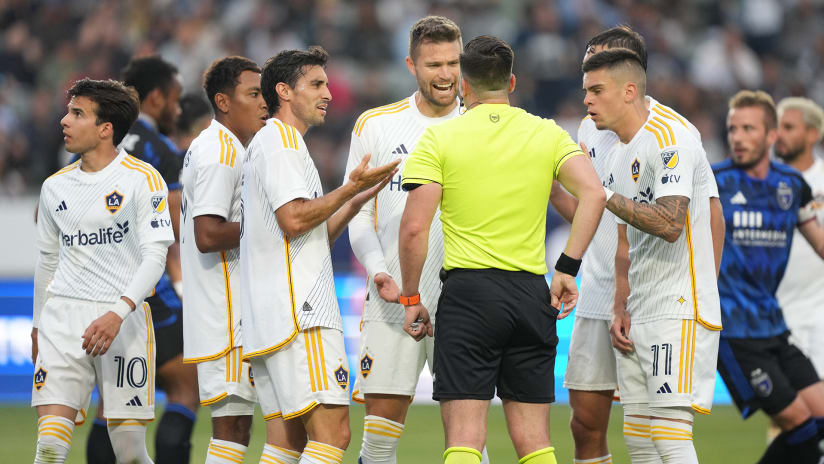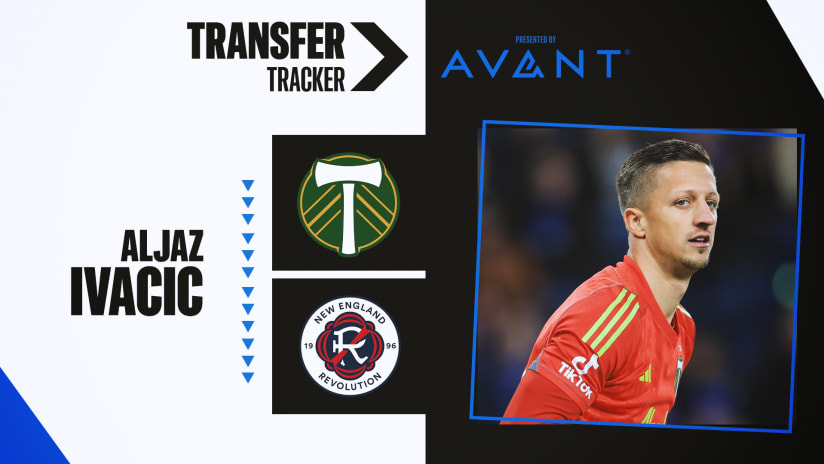despite not having a whole lot -- proud and quick to smile. It was unbelievable to me how saying a simple 'Bonjour!' or 'Bonsoir!' to the children we met would always put the biggest smile on their faces.
When we were in the car, a friendly wave to a child on the street would be reciprocated with a wave and a huge smile. Being from a country where a big house, luxury automobiles, and a fat paycheck are believed to be the keys to happiness, it was eye-opening to see how content these children were even though they oftentimes didn't have electricity, didn't have shoes and didn't know when their next meal was coming.
During our first day in Jacmel when Craig (Chmiel, equipment trainer), Jerrod Laventure, Jozy Altidore and Seth Stammler were playing a game, I was on the sidelines and was approached by Benege, a 14-year-old who lived near the park. He knew a decent amount of English so we talked for a little while.
I told him that I didn't know much French and didn't know a word of Creole, but really wanted to someday. He told me about his family, where he lived, and then we said our goodbyes. About an hour later, I saw Benege again and he pulled me aside. He said, "Eric, I want to give you something so next time you come here, we can speak in French." He then handed me his old French/English dictionary. "I don't need this anymore because I already know how to speak French," he added.
I was speechless.
What an unexpected act of generosity. I took the dictionary and let him know that next time I come to Haiti, I hopefully will see him again and be able to speak in French, thanks to him.
On Monday night, we were joined at dinner by Marcus, a wiry, shy 19-year-old who we learned was the captain of a local soccer team associated with Yele Haiti. He scored seven goals and had five assists last year and helped his team finish second in a major club tournament. However, we also learned that up until two years ago, he was a gang member whose specialty was kidnappings.
But, he ended up playing soccer one day and realized he was pretty good, as did the coach. The coach invited him back only under the condition that he leave his criminal lifestyle and move out of Cite Soliel, the area of Port-au-Prince where just about all of the violence takes place. After some initial reluctance, Marcus decided that he was ready. And now he is turning his life around, taking a leadership role in his community and living with his coach in a safe neighborhood in the northern part of the city.
I think Marcus' story highlights the complicated situation that presently exists in Port-au-Prince. Because of the desperate conditions, lack of jobs and educational opportunities, people growing up and living in areas like Cite Soliel believe that the only way to get out of the slums is to join the gangs. And some do so at a shockingly young age, like Marcus and the inmates we met at the juvenile prison who were as young as 10-years-old. But Marcus also illustrates that when given an option, an opportunity to do something other than kidnap, these young children can -- and want -- to lead positive lifestyles.
I can only imagine what its like living on a $1 a day, where paved roads are the exception not the norm, where piles of garbage litter the sidewalks because there is nowhere else to put it and where it's necessary to have guards armed with shotguns protecting your property from thieves. But that is the reality in Port-au-Prince today.
However, beyond these unfortunate circumstances lies a proud nation of people who will do anything to help their fellow countrymen. We met countless folks who want nothing more than to lift their entire country to prosperity. And with organizations such as Yele Haiti tackling the country's biggest issues and giving the people -- and most importantly the children -- opportunities that previously didn't exist, Haiti is heading in the right direction.
But they do need help. I recommend visiting Yele Haiti's web site to read more about their initiatives and find out how you can help.
After my time there, I know I want to visit Haiti a second time and see the people and children again.
And maybe learn a little French in the meantime.

